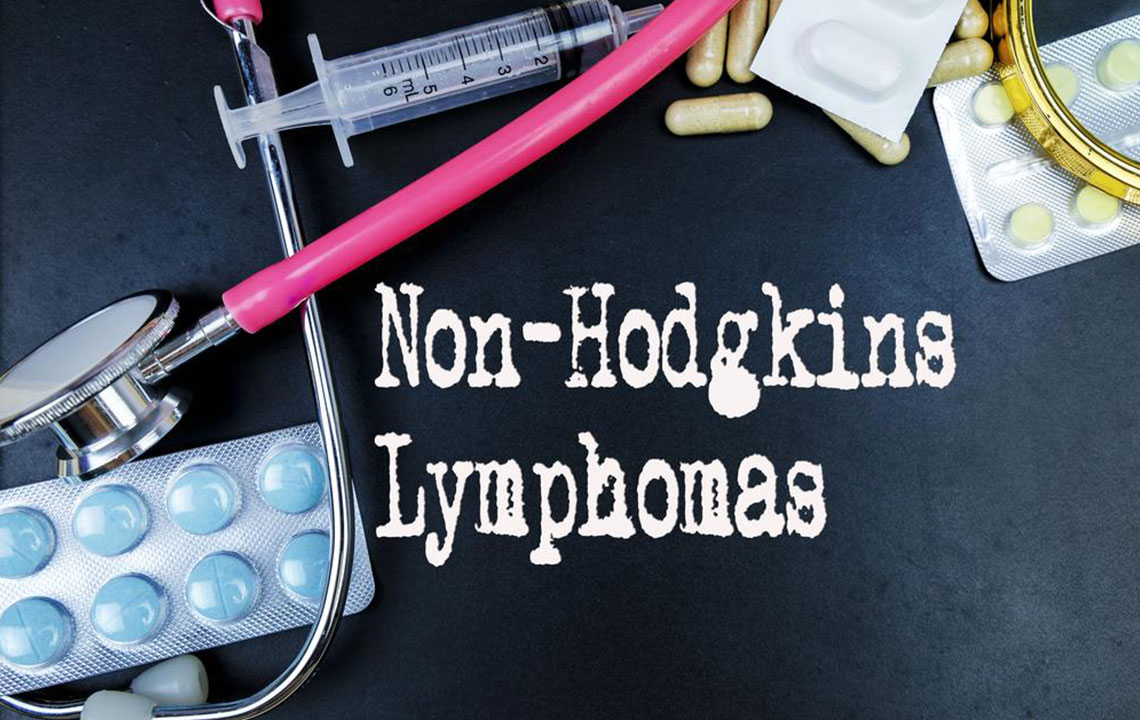
6 common risk factors for Non-Hodgkin lymphoma
Non-Hodgkin lymphoma can happen to anyone. Though there are some noted risk factors involved, it seems everyone is prone to this disease.
Before opting for a non-Hodgkin lymphoma treatment, it is necessary to be aware of the risk factors that can cause non-Hodgkin lymphoma in the body. Here are some of the most common risk factors observed among patients with non-Hodgkin lymphoma:
Demographic risk factors
- Age: Any individual who has crossed the age of 60 has a higher risk of developing the disease.
- Gender: Men are more prone to the disease than women.
- Race: Non-Hodgkin lymphoma is more common in Caucasians than in African Americans.
Pre-existing conditions in your body
This includes autoimmune diseases like rheumatoid arthritis and lupus. This also refers to any kind of viruses and/or infections like HIV/AIDS, Helicobacter pylori (H. pylori) infection, Epstein-Barr virus, human T-cell leukemia/lymphoma virus, human herpes virus 8 and hepatitis C virus.
Genetically inherited
Inherited immune disorders like hypogammaglobulinemia, Wiskott-Aldrich syndrome and ataxia-telangiectasia can also contribute to non-Hodgkin lymphoma.
Exposure to certain chemicals and drugs
Studies have suggested that exposure to chemicals like benzene and a number of pesticides and insecticides can increase the risk of non-Hodgkin lymphoma. Non-Hodgkin lymphoma treatment is essential if you have been exposed to any of these. Some chemotherapy drugs used to treat other types of cancer is also a risk factor for this disease.
Exposure to radiation
Survivors of atomic bombs and victims of nuclear reactor accidents have shown an increased risk of developing several types of cancer, including non-Hodgkin lymphoma. Non-Hodgkin lymphoma treatment becomes essential for these kinds of situation.
A weak immune system
People with weak immune systems are at an increased risk of non-Hodgkin lymphoma. This includes anyone who has received an organ transplant, has human immunodeficiency virus (HIV) and some genetic (inherited) syndromes.
Non-Hodgkin lymphoma treatment is conducted on a patient only if they show any indication of the risk factors. While some of these risk factors are easily attributed, others can be hard to detect. So the best thing would be to consult a doctor.




